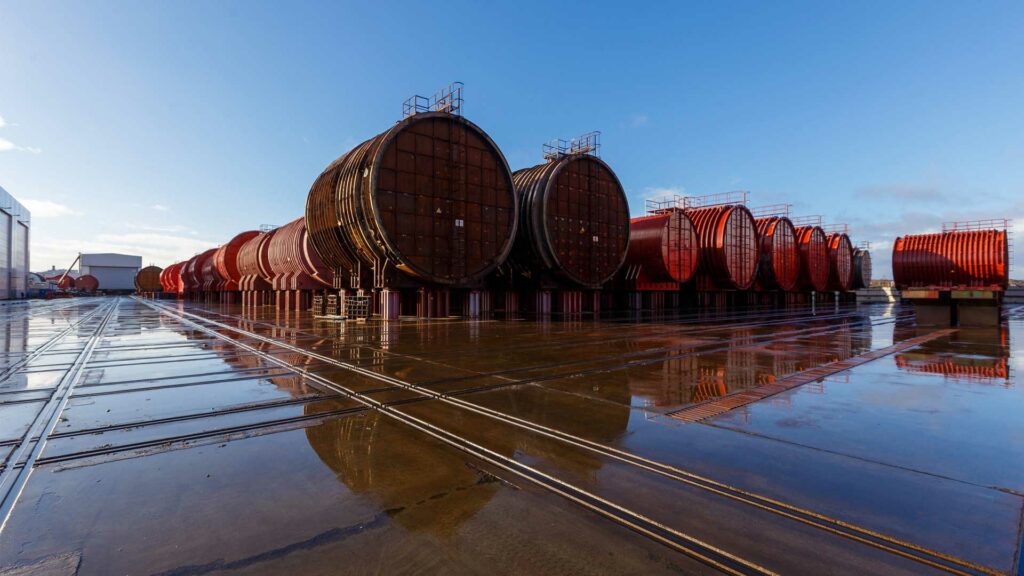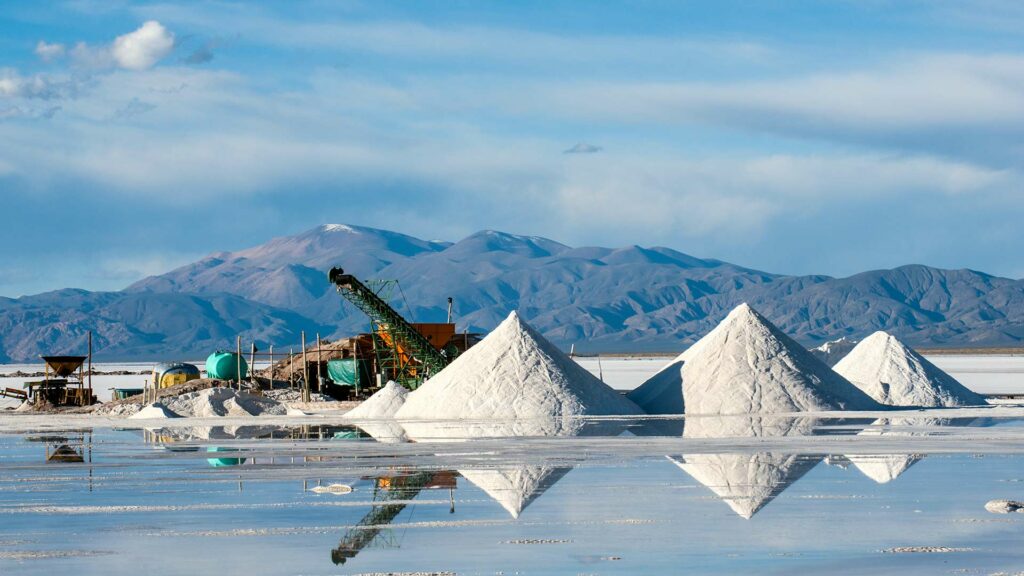Turkey has Enormous Boron Reserves
Turkey is the world’s largest producer of boron, a mineral with unique properties and growing global importance. Boron has long been used as an industrial additive, but it has recently gained prominence in high-tech industries such as aerospace and electronics.

Turkey
Turkey Shores up its Boron Exports
Turkey’s boron export jump has been driven by its various applications in defense, aerospace, and clean energy industries. Boron compounds have a range of uses, from making materials more heat-resistant to strengthening fiberglass.
In the defense industry, boron makes armor for tanks and other military vehicles that can withstand high-intensity blasts. In the aerospace and automotive industries, boron compounds are used to create fuel for rockets and other forms of transportation.
Boron is also becoming increasingly important in clean energy production as it is non-toxic and highly reliable, which increases the efficiency of various renewable energy sources.
The uses for boron have been steadily increasing in recent years, and experts believe that the global demand for the element will continue growing. As such, Turkey is well-positioned to benefit from this trend, as its boron reserves are among the largest in the world.
It holds 70% of the worldwide boron market and is the leading boron producer. Last year only, Turkey outsourced $1 billion in boron-derived compounds and products.
Dr. Selcuk Acar, a Turkish company PAVTEC’s Plant Director, estimates the global boron market to be valued at $50 billion. He is confident in the country’s ability to achieve at least 50 percent in under ten years.
Turkey’s Boron Reserves
Turkey is blessed with abundant natural resources, and its boron reserves are a prime example. With enough reserves to cover the global demand for 500 years, Turkey stands first in market share and manufactures and markets 62% of the world’s boron.
An impressive 72% of these global reserves, valued at 803 million tons, can be found in this country alone – a testament to the country’s immense potential in mineral resources.
According to Fatih Donmez, Energy & Natural Resources Minister, manufacturing capacity within the country currently stands at between 2.6 and 2.7 million tons annually, with exports accounting for 2.5 million tons. He also believes that this capacity could be increased if necessary.
Donmez continued, “The boron carbide plant is an essential part of our commitment to increasing the value produced from boron.” With an export volume of more than $1 billion last year and estimates to reach or exceed the same number this year, it is clear that this country has established itself as an international powerhouse for boron-related industries.
Not only does this plant meet local and global demands, but its focus on research and development has enabled the country to expand its usage of boron into many different areas. With nearly 200 industries utilizing this element, there are endless possibilities for creating new products with added value.
Boron’s Contribution to Green Energy
Boron’s unique property makes it the perfect element to store hydrogen. Dr. Takahiro Kondo and his team at the University of Tsukuba, Japan, created the hydrogen boride material, which offers a unique way to store and transport the element without reducing efficiency. This could be the key to making green hydrogen use more practical.
Working with major automobile companies in Japan, Dr. Kondo and his team aim to verify the characteristics of hydrogen boride within two years. Turkey began with boron powder and has transitioned across the value chain with much more complex boron compounds. One application with enormous potential is using a boron compound to generate electricity through a fusion reaction.
Traditional nuclear power plants generate heat through fission reactions. Aside from being highly-priced, the process produces a lot of radioactive particles and necessitates the use of turbines to generate electricity.
The innovative technology developed by HB11, an Australian company, energy could revolutionize how energy is produced and consumed. Using lasers to create a fusion reaction, they can create power that can effectively deliver the grid with power.
This has big implications for reducing carbon emissions and addressing climate change, but it also demonstrates the potential of hydrogen boron fusion as an efficient nuclear power source. Turkey plays an important role in this endeavor – their natural boron reserves are key to HB11’s success.
According to Kirchhoff, Turkey will significantly benefit from adopting hydrogen boride fusion technology, and the entire planet will also benefit. With the boron reserves in the country, they can produce power for centuries.





